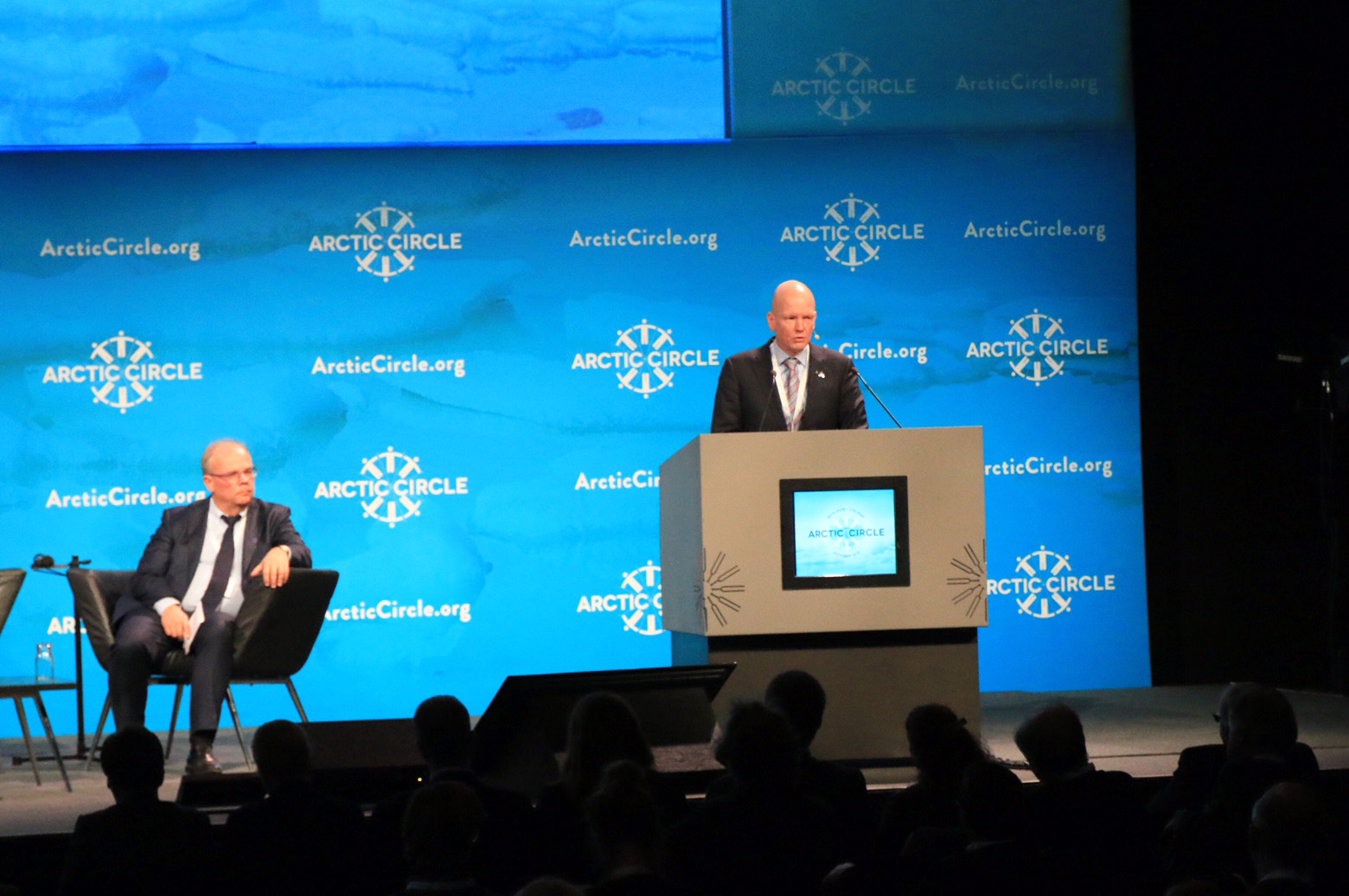New tariffs could hurt Arctic trade, warns Arctic Economic Council
“Market access is a prerequisite to economic growth and development."

The Arctic Economic Council fears that the establishment of new tariffs for import of steel and aluminum will have negative cumulative effects on Arctic trade.
The business forum expresses its concern regarding the recent signs of increased protectionism in global trade. The most recent example is the U.S. announcement regarding a 25 percent tariff for imports of steel and 10 percent tariff for imports of aluminum.
AEC fears that the establishment of new tariffs will potentially have wide-ranging implications for the global economy and cross-border commerce. Furthermore, they may also have negative cumulative effects on Arctic trade.
“Market access is a prerequisite to economic growth and development,” said AEC Chairman Tero Vauraste, in a press release. “It also helps secure predictability for businesses operating internationally. The AEC works to foster strong market connections within the Arctic as a vital part of international value chains.”
With approximately 4 million inhabitants, the Arctic is a market with great potential but with limited size. To fulfill the region’s potential in a sustainable manner, the Arctic businesses are dependent on free access to markets both within the Arctic region and globally.
The AEC is a business forum established to facilitate Arctic business-to-business activities, promote responsible economic development and provide a circumpolar business perspective to the work of the Arctic Council. The forum has a 42-member board from eight Arctic states and six permanent participant organizations. The Finnish business community holds the Chairmanship of the AEC from 2017 to 2019.